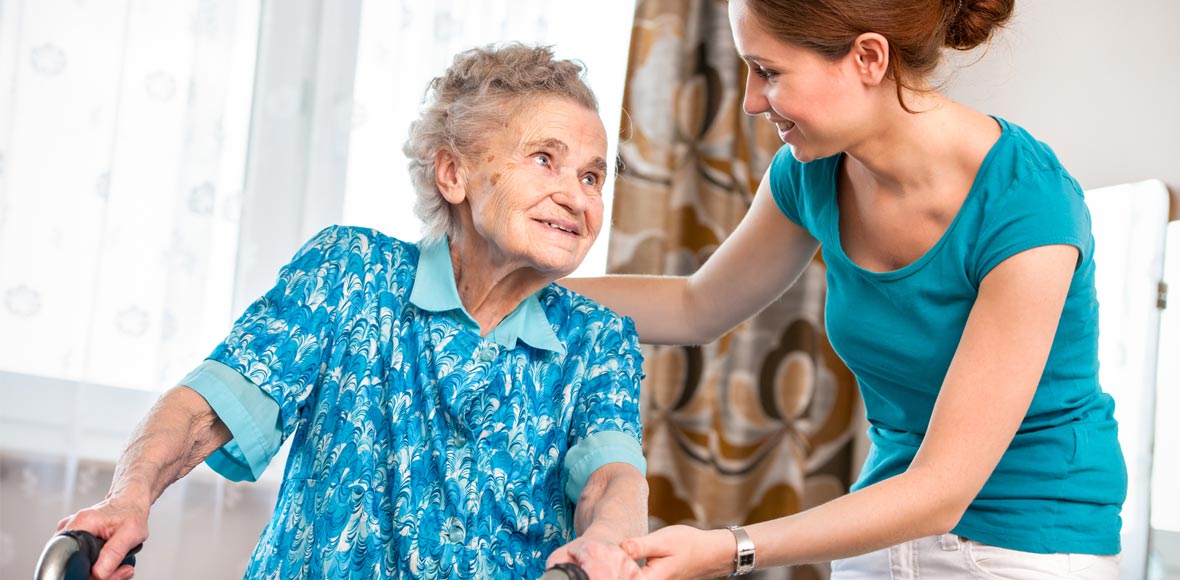Prevention of Geriatric Delirium and Treatment of Caregivers in Aurora IL
Prevention of Geriatric Delirium and Treatment of Caregivers in Aurora IL. While caring for an elderly family member, the conflict may escalate. You can explain to your parents that you are doing something else, or you are doing it yourself, but you don't know that you have a serious illness called delirium.
Delirium is described as severe psychological changes in consciousness, such as panic and bad thoughts, that change throughout the day. The changes can happen in hours or days. Make sure your loved one is awake, awake, and awake. The word "western" is sometimes used to refer to this nocturnal phenomenon, or because of the many nocturnal features.
Delirium is greater in the hospital among the poor. Studies show that 45-55% of people over the age of 65 are sick.
These psychological changes are often the result of an underlying medical condition, such as a urinary tract infection or pneumonia. Dehydration, not diet or severe constipation, can replace parents. Other risk factors include dementia, alcoholism, anxiety, and depression.
Medications, including the antiemetics prednisolone, and ciprofloxacin, can help with delirium. A history of medications such as Bernadine, antihistamines, and cold medications containing diphenhydramine should be considered.
Medical procedures that involve soft tissue preparation and the use of delicate instruments such as intravenous sets, urethral catheters, and oxygen fistulas can be dangerous for the elderly. Environmental factors contribute to delirium, which involves loss of body formation. New treatment options may be reluctant to influence parents.
You will get to know your parents better and see changes in personality and abilities for the first time. Report any changes in behavior to your parents or nurse as soon as possible. These changes are just symptoms of the disease. The delirium is severe or requires rehabilitation in a long-term care facility.
Help parents reduce the risk of delirium by making sure the parent's doctor knows about all these medications, including alcohol. Seek medical help. Make sure your parents don't take medicine with Benadryl.
Living in a hospital with parents can reduce stress and maintain a healthy relationship. Look into the glass and the earphones don't fall out. Offer family photos, work hours, and a calendar to help you navigate. Keep the curtains open during the day and close them at night for a good night's sleep.
The obsession can be overwhelming for you and your parents, but you don't have to think about it. They can give you comfort and support.




Comments
Post a Comment